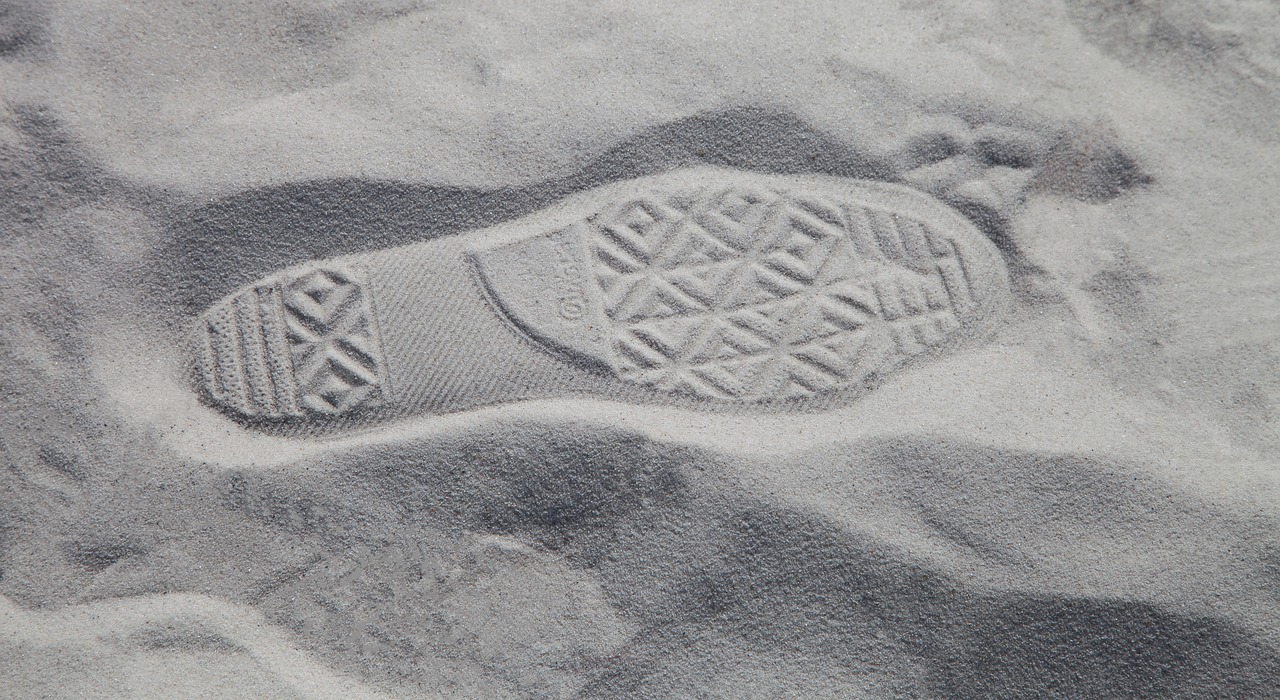If you’ve ever read a mystery, you know the detectives are looking not only for clues, but also evidence of who committed the crime. There is circumstantial evidence that may or may not prove someone did it and then there is substantive evidence proving who committed the crime.

Christian faith isn’t a crime to be solved, but often young people accept beliefs as being biblical or Truth without any evidence. In fact, a quick google search of Bible verses on that topic and reading the verses in context would often lead students to reject those beliefs as false.
The key is teaching Bible students to look for evidence of truth in the Bible before accepting any belief or doctrine as true. If the first couple of verses they find don’t provide a clear conclusion to be made, teach them to keep reading verses until a clear pattern emerges.
Although many modern theologians do flips with “evidence” outside of scripture that “prove” something God has stated is sinful multiple times is actually quite okay with God, focus on the Bible as the gold standard.
As their skills improve, teach them to look closely for evidence that is not obvious. Baptism is a great example. You can find plenty of verses that say baptism is essential for becoming a Christian, but you can also find a verse that says faith saves us. Teach your students to dig deeper. Have them read every conversion experience in Acts. Show them in each case that not only baptism, but baptism by immersion in water was practiced. The conclusion can then safely be drawn, that while faith is critical for becoming a Christian, the actual process involves baptism for the remission of sins and to receive the gift of the Holy Spirit.
Teens may be tempted to take shortcuts and find evidence in commentaries and other Christian books. While those can be helpful later, in the beginning it’s important to give them lots of practice with the actual Bible. It lessens the chances they can be led astray by some false doctrine.
When students state their opinions about some topic in your Bible class, ask them to find evidence in the Bible to support their ideas. Can others find evidence that those ideas may be slightly or totally wrong?
Introducing the concept of evidence in Bible classes and teaching young people how to find it in scripture can protect them from believing a lot of false doctrine and unbiblical beliefs that sound good, but have no biblical support behind them. It’s a critical Christian life skill we need to spend more time helping young people develop.




